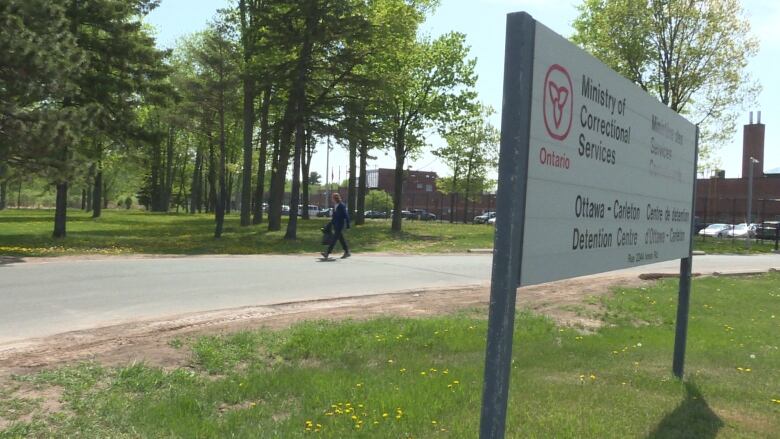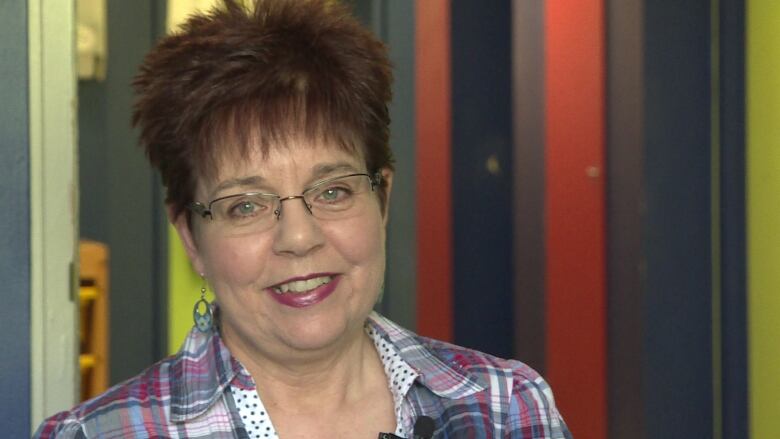Community bail programs struggle to break the cycle
'The system isn't helping it's putting more people inside, keeping them there'

After years spent in and out of jail, Deeana Deal is finally on the outside looking in.
Deal, who now attends college and plans to go on to university and a career in prisoner counselling, has thought a lot about the province's bail system, and how it needs to be fixed. She says if it wasn't for the community programs she was given access to while out on bail, she could still be trapped in that vicious cycle.
"There has to be change within the system. The system isn't helping it's putting more people inside, keeping them there," said Deal, who also volunteers with the Elizabeth Fry Society. "When people feel like animals, they'll act like animals."
The majority of the inmates at the Ottawa-Carleton Detention Centre about 63 per cent are accused and awaiting trial. They have yet to be convicted or sentenced. Lawyers and prisoner advocates say those accused of non-violent crimes should be let out on bail to help deal with chronic overcrowding at provincial jails.
Residential bail program
Deal, who landed back in jail a few times for violating bail conditions, said what finally got her out of the cycle was a residential bail program at a halfway house run by the Elizabeth Fry Society.
"What was key for me was I was able to see a different life for me. A lot of times, people who've lived criminal lifestyles, they can't see anything beyond that," said Deal.
The society acts as surety for the small number of women at the halfway houseandhelps them access the guidance and services they need.
Bryonie Baxter, executive director of Elizabeth Fry's Ottawa chapter, said while her group would like more money for "bail beds" at their facility, the program shouldn't be regarded as a panacea for the deep-rooted problems within the province's bail problems.
"I certainly would not want bail beds to be the default. I want to make that clear," said Baxter. "The default should be that you're allowing them to be in community on your own recognizance."
Clients often unemployed, homeless

A John Howard worker stationed at the court house works with defence lawyers to identify appropriate candidates for the program.
The bail program accepts accused 16 and over who don't have a surety. They include individuals withaddictions or mental health who may be homeless or jobless.
Case workers meet with their clients once a week to make sure they understand and adhere to their bail conditions, and make it to court appearances. They also offer them programs including anger management, employment and addiction counselling.
Program needs funding boost
Sue Morse, senior bail supervisor at the John Howard Society, said the program could help keep more people out of jail if it had more money.
"We have a very high case load as it is right now," said Morse. "But if we had more funding, we could take more individuals which would alleviate the pressures on the detention centre and help people continue their lives in the community while waiting for the court process to go through."
Morse said the program has seen some success getting clients out of the "revolving door of being charged and convicted," and on the path to more stable lives.
Ontario's Attorney General's office said it is currently developing a strategy to address the systemic challenges related to bail.












_(720p).jpg)


 OFFICIAL HD MUSIC VIDEO.jpg)
.jpg)



























































































